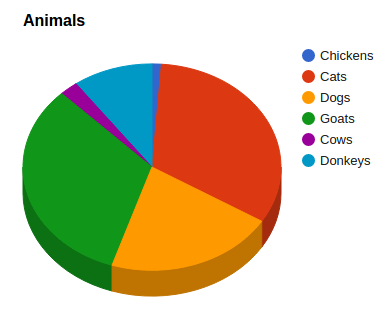Whenever you recount an event or tell a story or an anecdote to illustrate an idea, you are using?
Narration
Breaking down a single large unit into smaller subunits
Division
Presenting two or more subjects, considering them together, and showing what ways they are alike.
Comparison
Taking the time to think about the key components of your essay before you actually begin to write.
Planning
A comparison using like or as
Simile
This type of essay probably makes you think of disagreements and disputes.
Argumentative
Placing individual items into established categories
Classification
Showing how things differ
Contrast
Thesis statement
Using human traits to describe non-human things
Personification
This type of essay asks you to evaluate your options and arrive at a decision.
Comparison and Contrast
Horror, Fantasy, Mystery, Science Fiction
Genres
The information about one subject is gathered and followed by comparable information about the second subject
Block comparison
After gathering all of the information you will need for your essay, this process keeps your ideas together.
Organizing
When the author hints at events to come
Foreshadowing
This type of essay asks you to take things apart and group things together.
Division and Classification
Sanguine, Melancholic, Choleric, Phlegmatic
Four Personality Types
The author starts by comparing both subjects in terms of a particular point, moves on to a second point and compares both subjects
Point-by-point comparison
The end of final part of your paper.
Conclusion
A series of words in quick succession that all start with the same letter or sound.
Alliteration
This type of essay asks you to determine the author's purpose and support it with textual evidence.
Literary analysis

Pie chart
A special form of comparison that helps readers understand difficult subjects.
Analogy
This step includes strategies like reading your paper aloud, getting a classmate to read your paper, or scanning for grammar and spelling errors.
Revision or Editing
A passing or indirect descriptive reference to something.
Allusion